International Coastal Clean-up Day
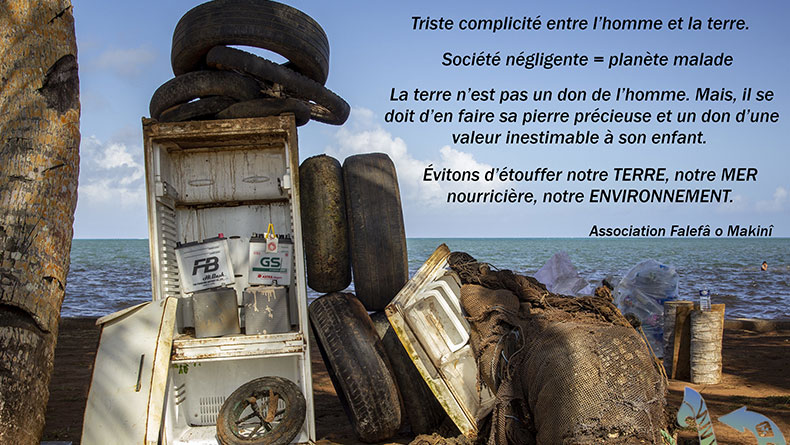
Marine litter is a global, intergenerational and transboundary issue that negatively affects the environment, people and coastal economies around the world.
« The sad complicity between humans and the earth.
A negligent society = a sick planet
The earth is not a gift from humans. But we must treat it like our precious gem and a priceless gift to our children.
We must stop suffocating our EARTH, our fertile SEA, our ENVIRONMENT. »
Every year, on the third Saturday in September, the International Coastal Clean-up Day (ICCD) is celebrated. This is the single largest coastal cleanup day in the world. Since the beginning, more than 50 million volunteers removed more than 280 000 tons of trash in 180 countries around the world.
Working to support our Pacific islands to ensure a healthy and sustainable environment, the Secretariat of the Pacific Regional Environment Programme (SPREP) has been engaged in the International Coastal Cleanup Day since 2021, through the SWAP Project, as well as the Pacific Ocean Litter Project and the GEF ISLANDS Project.
For three years, the SWAP has supported 29 beach clean-up actions among 58 sponsored activities, including:
- 2021: 5 activities in Wallis, 3 activities in Samoa, 1 activity in Tonga and 1 anctivity in Vanuatu;
- 2022: 3 activities in Wallis, 3 activities in Samoa, 2 actvities in Solomon Islands,1 activity in Fiji and 1 anctivity in Vanuatu; and
- 2023: 4 activities in Samoa, 2 activities in Solomon Islands, 1 activity in Wallis, 1 activity in Tonga and 1 activity in Fiji.
This action involved almost 3,120 volunteers and nearly 18 tons of waste were collected including tires, electronic equipment, clothing, cans, and especially plastic of all types.
The 2021 activity report and 2022 activity report highlight all the actions carried out during these events, as well as the results of these activities.
Association A Vaka Heke
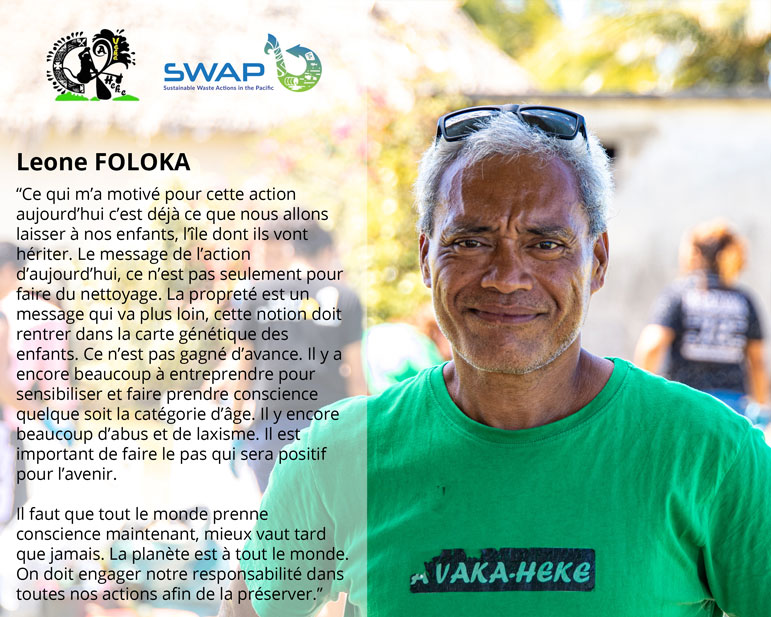
"My first thought in participating in today’s action is what we will leave to our children – the island they will inherit. The message we are sending today is not just about cleaning up. Cleanliness is a wider-ranging message, which must become a part of children’s DNA. And this is by no means inevitable. Much remains to be done to raise awareness amongst people of all ages. There is still a lot of abuse and laxity. We must take steps that will have a positive impact on the future.
We must all wake up to reality – better late than never. The planet belongs to everyone. In order to preserve it, we must take responsibility for all of our actions.
My first thought in participating in today’s action is what we will leave to our children – the island they will inherit. The message we are sending today is not just about cleaning up. Cleanliness is a wider-ranging message, which must become a part of children’s DNA. And this is by no means inevitable. Much remains to be done to raise awareness amongst people of all ages. There is still a lot of abuse and laxity. We must take steps that will have a positive impact on the future.
We must all wake up to reality – better late than never. The planet belongs to everyone. In order to preserve it, we must take responsibility for all of our actions."
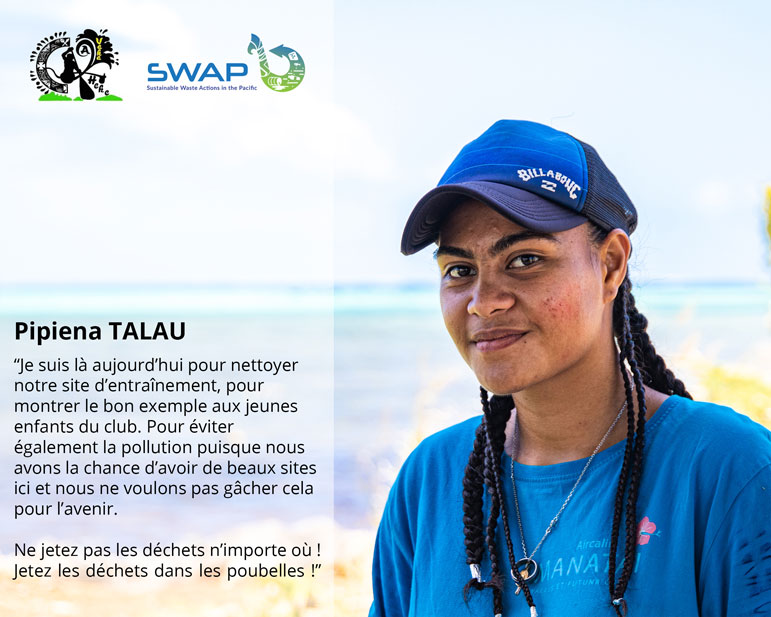
"I am here today to clean up our training site and set a good example for the young children in the club. This is also about preventing pollution. We are fortunate to have beautiful areas here and we don’t want to ruin them for future generations.
Don’t toss out your trash just anywhere! Place it in the rubbish bins!"
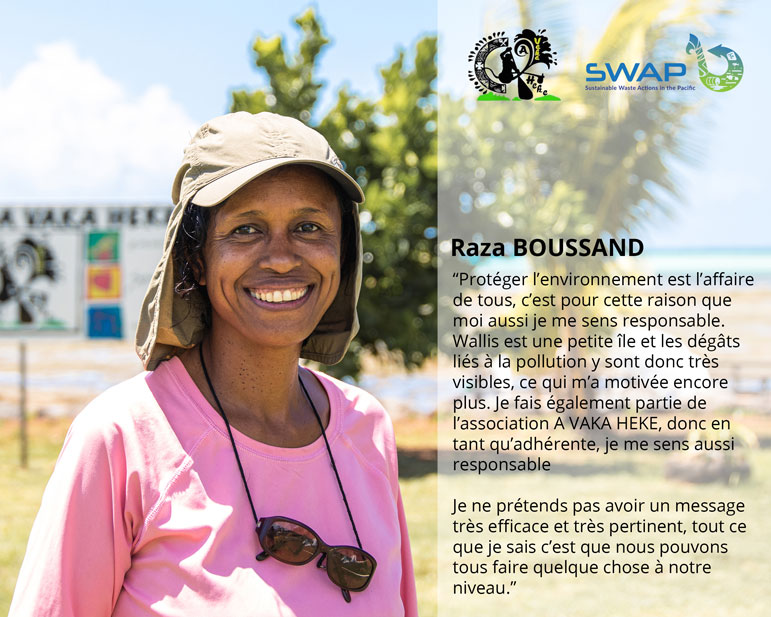
"Protecting the environment is everyone’s business, and that is why I too feel responsible. Wallis is a small island, so the damage caused by pollution is very visible, and this motivates me even more. I also belong to the A VAKA HEKE organisation, so as a member, I feel particularly responsible.
I don’t claim to a have a super effective message or slogan – all I know is that we can all contribute something in our own way."
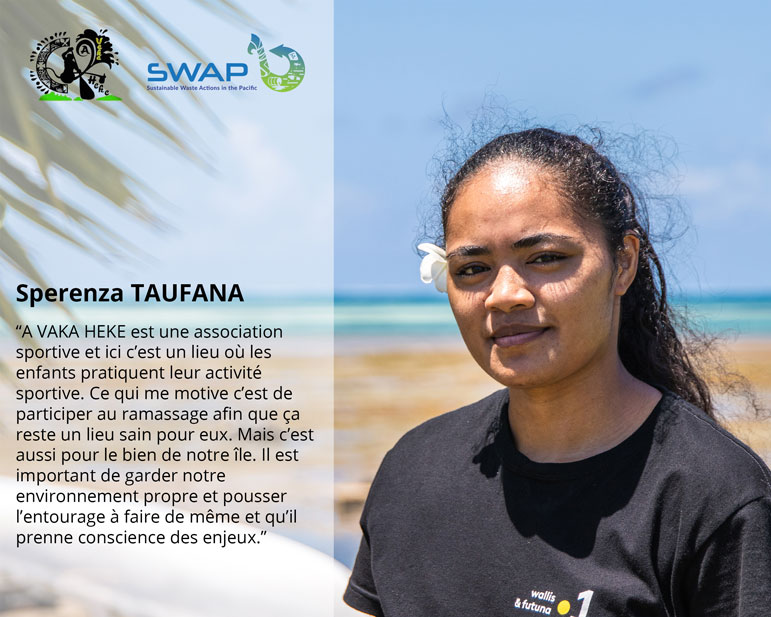
"A VAKA HEKE is a local sporting association where children can practice sport. What motivates me is helping with the beach clean-up to keep it a healthy place for them. But it is also for the good of our island. It is important to keep our environment clean, and to encourage others to do the same, based on an understanding of what is at stake."
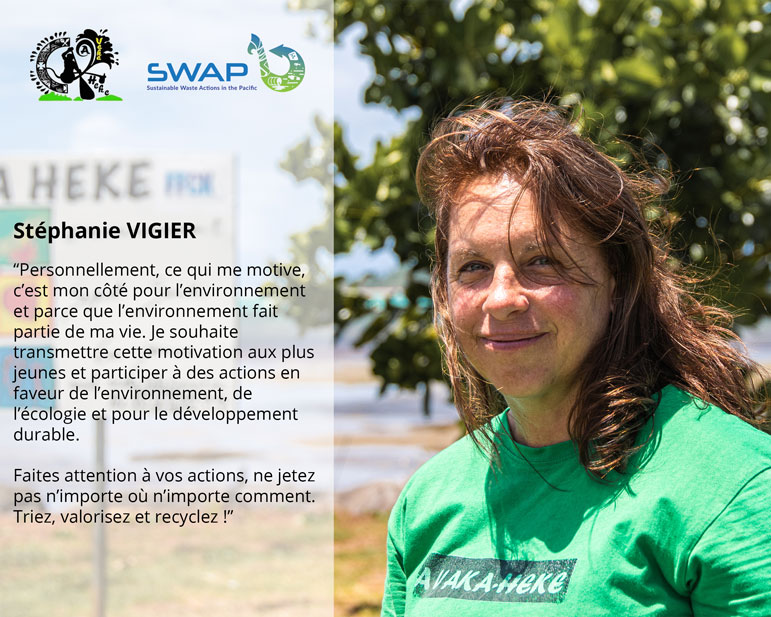
"What motivates me personally is my love of the environment, since it is a part of my life. I hope to transmit this passion to young people and to participate in actions to help the environment, ecology and sustainable development.
Be mindful of what you do – don’t just toss out rubbish anywhere, any way. Sort, recover and recycle!"
Photo credit: Benjamin Brial
Association Falefa O Makini
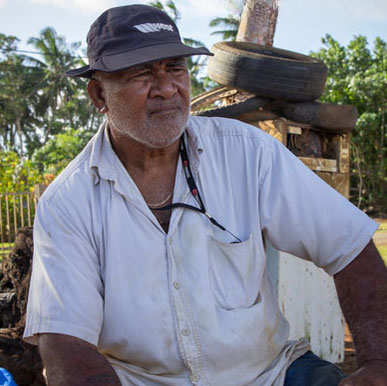
Tomasi KAVAKAVA
"Don’t just toss your rubbish anywhere – recycle it. This island belongs to all of us.
This international clean-up day should be a wake-up call for all citizens.
Let’s all do our part in the group effort."
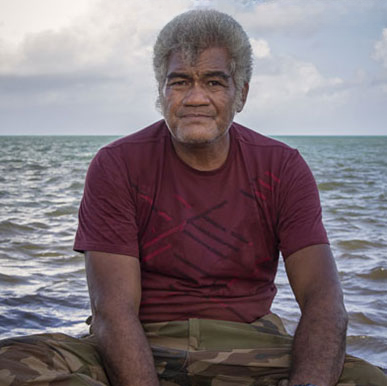
Filimo SIALEFALALEU
"All the litter ends up in the sea, and is then carried to various shores. Microplastics are eaten by fish, which we in turn eat, and this can lead to cancer.
Think about your health, your children, the future, your Fenua. Pick up and sort your waste."
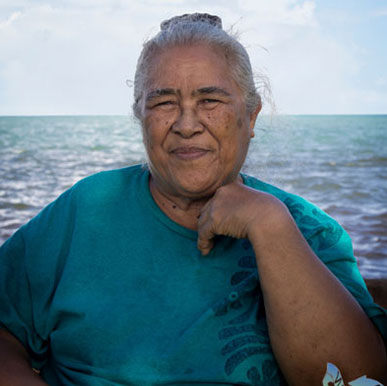
Ilaisa KULIMOETOKE
"Preserve the beautiful image of our culture and our islands: pick up your trash behind you.
If everyone makes an effort, this kind of action will be light work.
We live in a paradise – let’s take care of it."
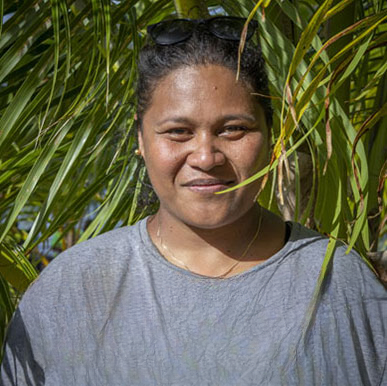
Matilite VALAO
"There is no age limit for keeping the environment clean.
Good health for everyone means following the basic rules of hygiene, including collecting rubbish.
Change your habits: pick up any litter you find along your way.
Let’s protect ourselves, our beaches and our ocean.
Let’s make sure that everyone has access to a beautiful, clean and pleasant beach."
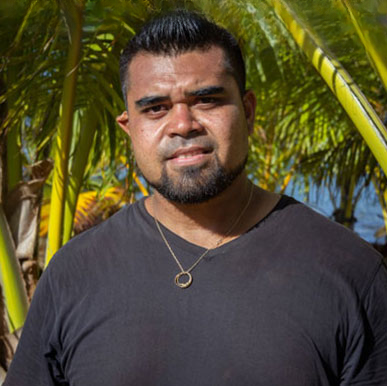
Raphaël LAUFILITOGA
"Litter pollutes our Fenua, and then damages our crops.
Let’s pick up and sort our waste for healthier farmlands and for the pleasure of seeing beautiful landscapes."
Photo credit: Sarah David
- International Coastal Clean-up Day 2021: Activity conducted by the Samoa Recycling & Waste Management Association – https://youtu.be/tTxaPeTaFSY?si=mZZcEZb0Z40r9DAS
- International Coastal Clean-up Day 2021: Activity conducted by Vanuatu Environmental Science Society – https://youtu.be/c_i7HASZd8s
- International Coastal Clean-up Day 2021: Activity conducted by the Ministry of Natural Resources and Environment of Samoa: https://youtu.be/FMmBjmDUwok
- International Coastal Clean-up Day 2021: Activity conducted by the association No Pelesitiki Campaign – Tonga - https://youtu.be/Bqr7VKFQ-L4
- International Coastal Clean-up Day 2021: Activity conducted by Laumei Outrigger Canoe Club, Samoa – https://www.youtube.com/watch?v=wuk65eDQFqk&list=PLHKcA8pmzZqux_aQEgAEZfpTc7oGh_63C&index=2
- International Coastal Clean-up Day 2022: Activity conducted by the Ministry of Environment, Solomon Islands – https://youtu.be/iYi6_6Vaabo?si=zaSRTa9p4FOShL2-
- International Coastal Clean-up Day 2022: Activity conducted by the Ministry of Natural Resources and Environment, Samoa – https://youtu.be/7HCf0Ein9IE?si=97mwJXSW0ra4bzdn
- International Coastal Clean-up Day 2022: Activity conducted by the Pacific Ocean Litter Youth Project (POLYP) & Suva Harbour Foundation, Fiji – https://youtu.be/9FFrt9AnJ08?si=-vRj3be4oXbFq12I
- International Coastal Clean-up Day 2022: Activity conducted by Friends of the City, Solomon Islands – https://youtu.be/3WX_9ll3nBA?si=rxJwokJdBWIwod0J
- International Coastal Clean-up Day 2022: Activity conducted by Samoa Conservation Society – https://youtu.be/0y5o5nGMXYY?si=LHBSXzU-8rPzbDrd
- International Coastal Clean-up Day 2022: Activity conducted by the Samoa Recycling & Waste Management Association – https://youtu.be/Y1j0vuNekgs?si=QYjkdjH4oiLG9AI_
- nternational Coastal Clean-up Day 2023: Activity conducted by the SWAP Project – https://youtu.be/Pgn36Sit2cs?si=uQtKb__EMRV1xcMM
- International Coastal Clean-up Day 2023: Activity conducted by the Samoa Recycling & Waste Management Association – https://youtu.be/80g3ST4GUwc?si=rrvxqr5tvEaVOB5v
- International Coastal Clean-up Day 2023: Activity conducted by Lata Luava Ward 8 Development Committee, Solomon Islands – https://youtu.be/JeR8hjjCjpU?si=0jaAVLslCFneDykz
- International Coastal Clean-up Day 2023: Activity conducted by Graciosa Bay Ward 9 Development Committee, Solomon Islands – https://youtu.be/pMYjIwIl0jk?si=XpZpqbLGmGL8Jszk
- International Coastal Clean-up Day 2023: Activity conducted by Samoa Conservation Society – https://youtu.be/LhRwNi9caEQ?si=dIHTHtZO1yy2xEzU
- International Coastal Clean-up Day 2023: Activity conducted by the Pacific Ocean Litter Youth Project (POLYP), Fiji – https://youtu.be/7XlQp3bQIiw?si=OJ6rvP4aU4W9KDU9
- International Coastal Clean-up Day 2023: Activity conducted by MNRE in Vaovai, Samoa – https://youtu.be/-HikvgwyzS8?si=PZvyHS2FGZR94S0S
- International Coastal Clean-up Day 2023: Activity conducted by Tonga Department of Environment Social Committee, Tonga – https://youtu.be/z-wttkXl8qo?si=RTRE1gL43LikwiVI
